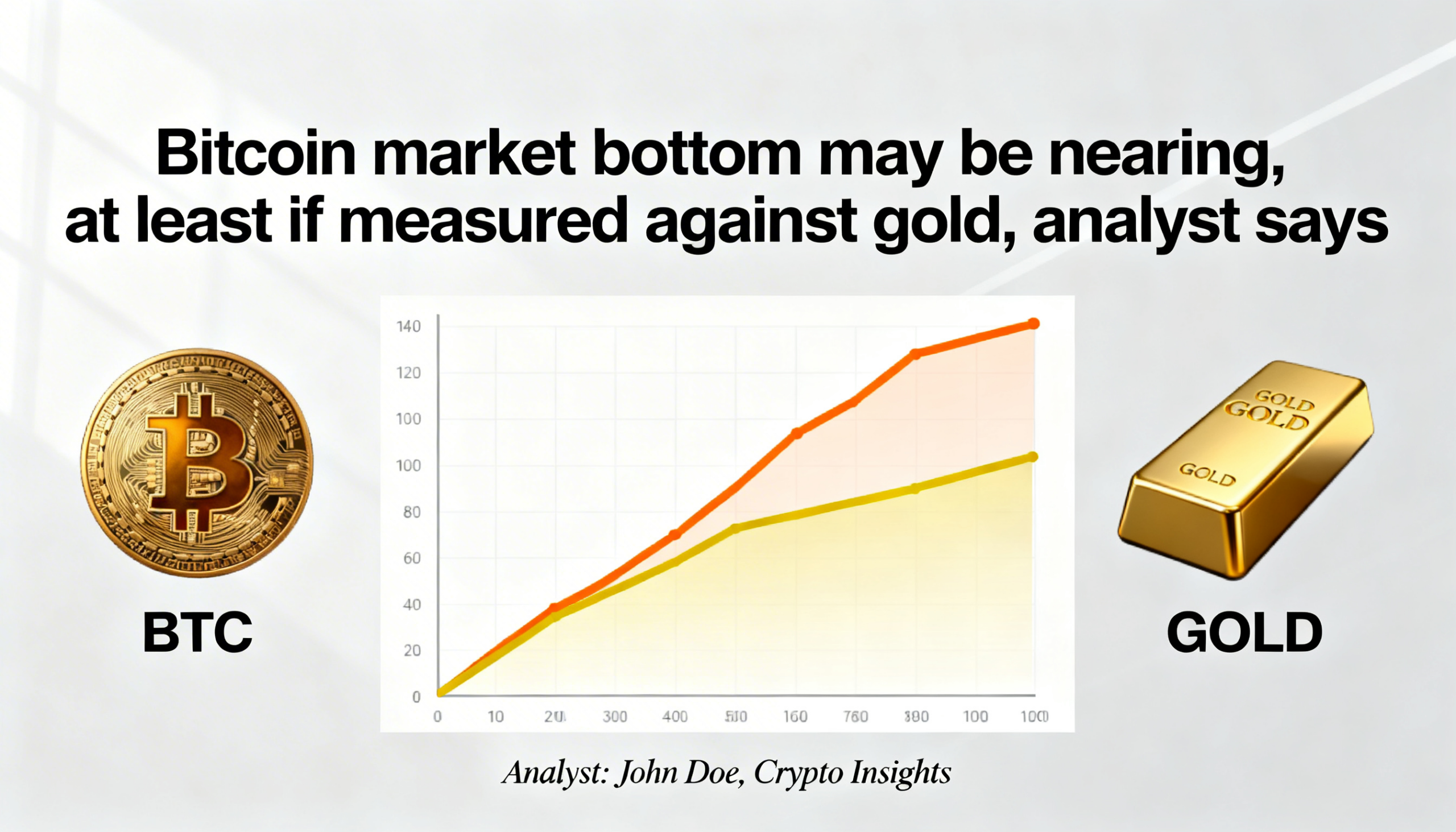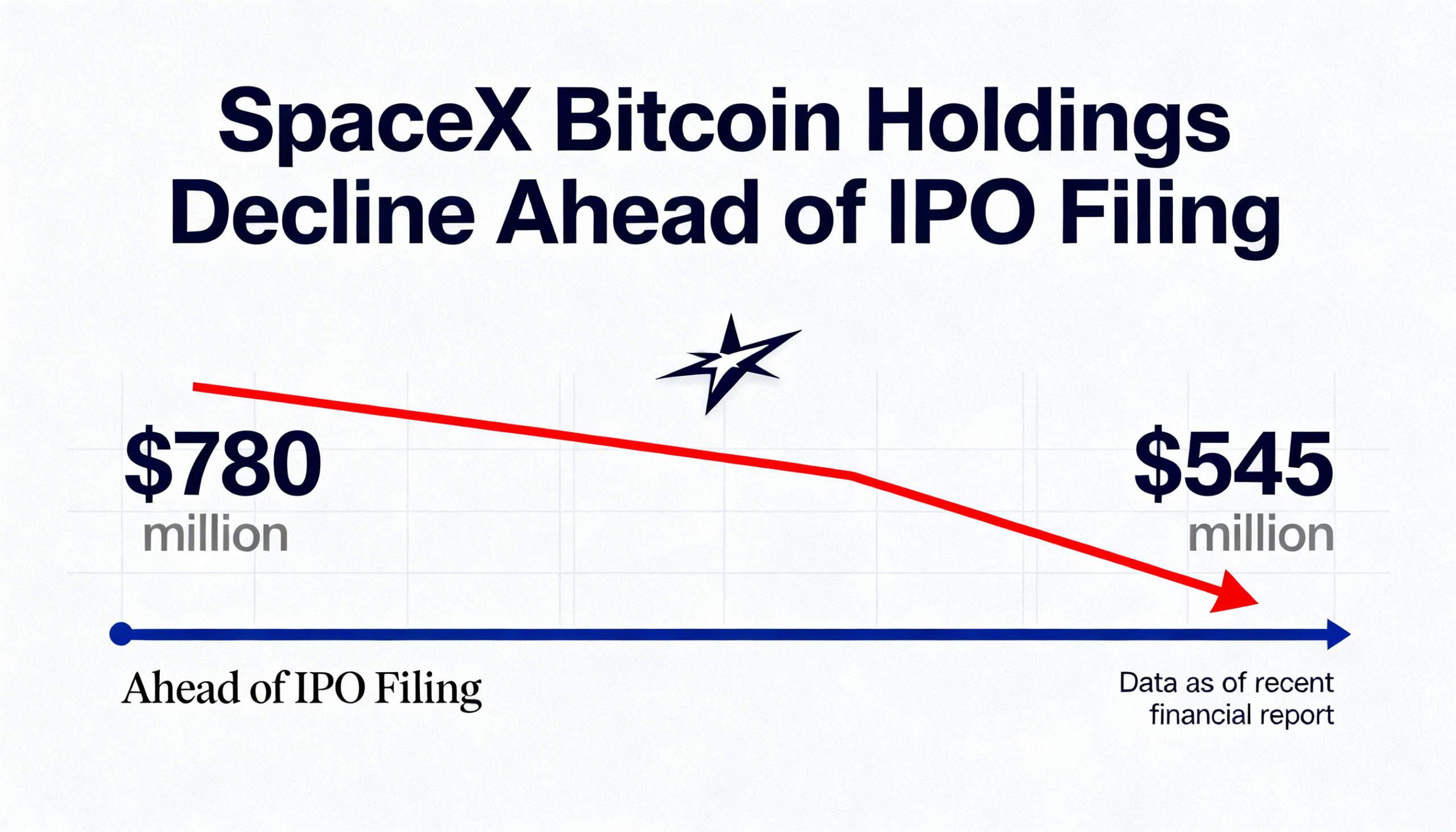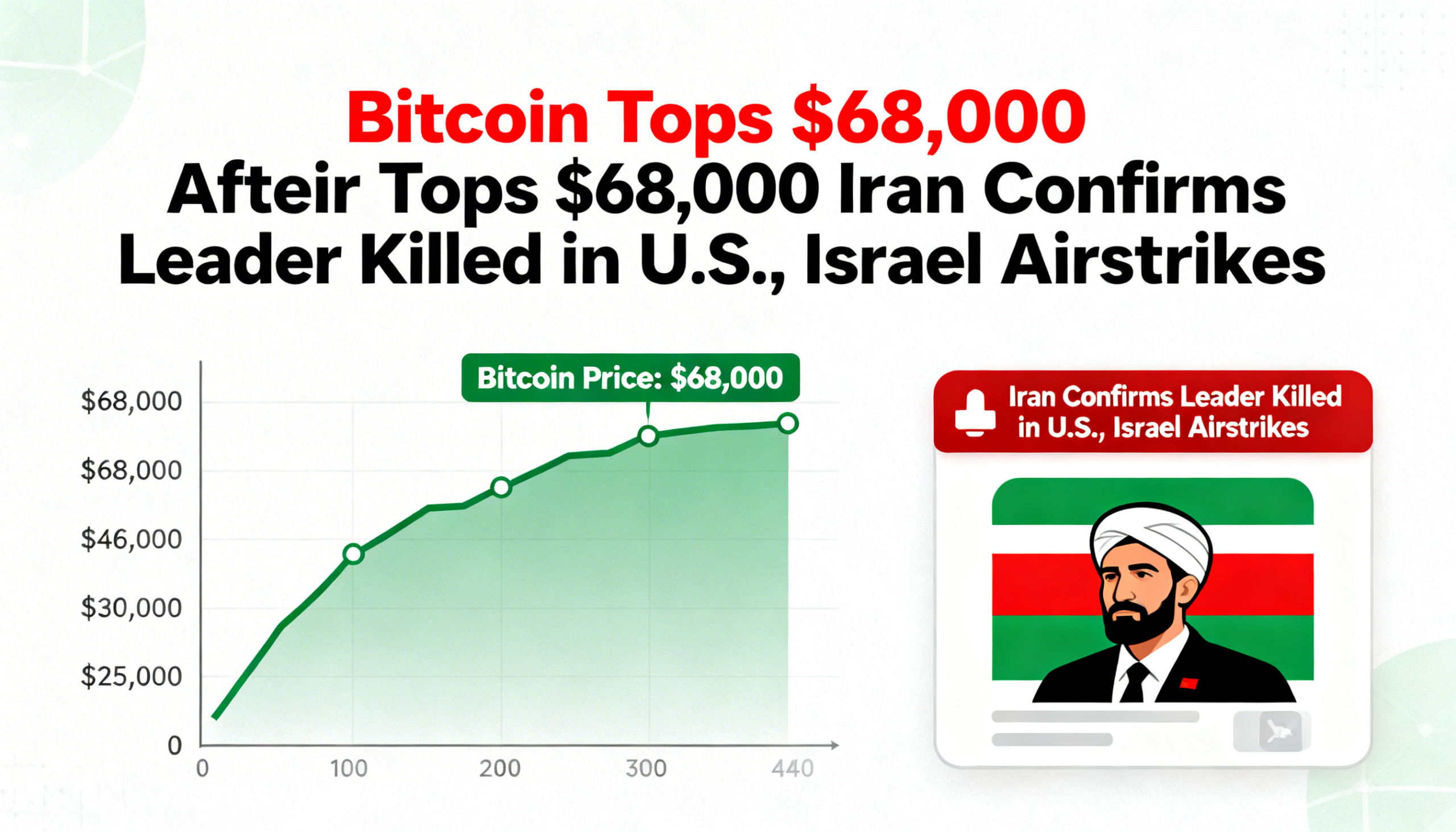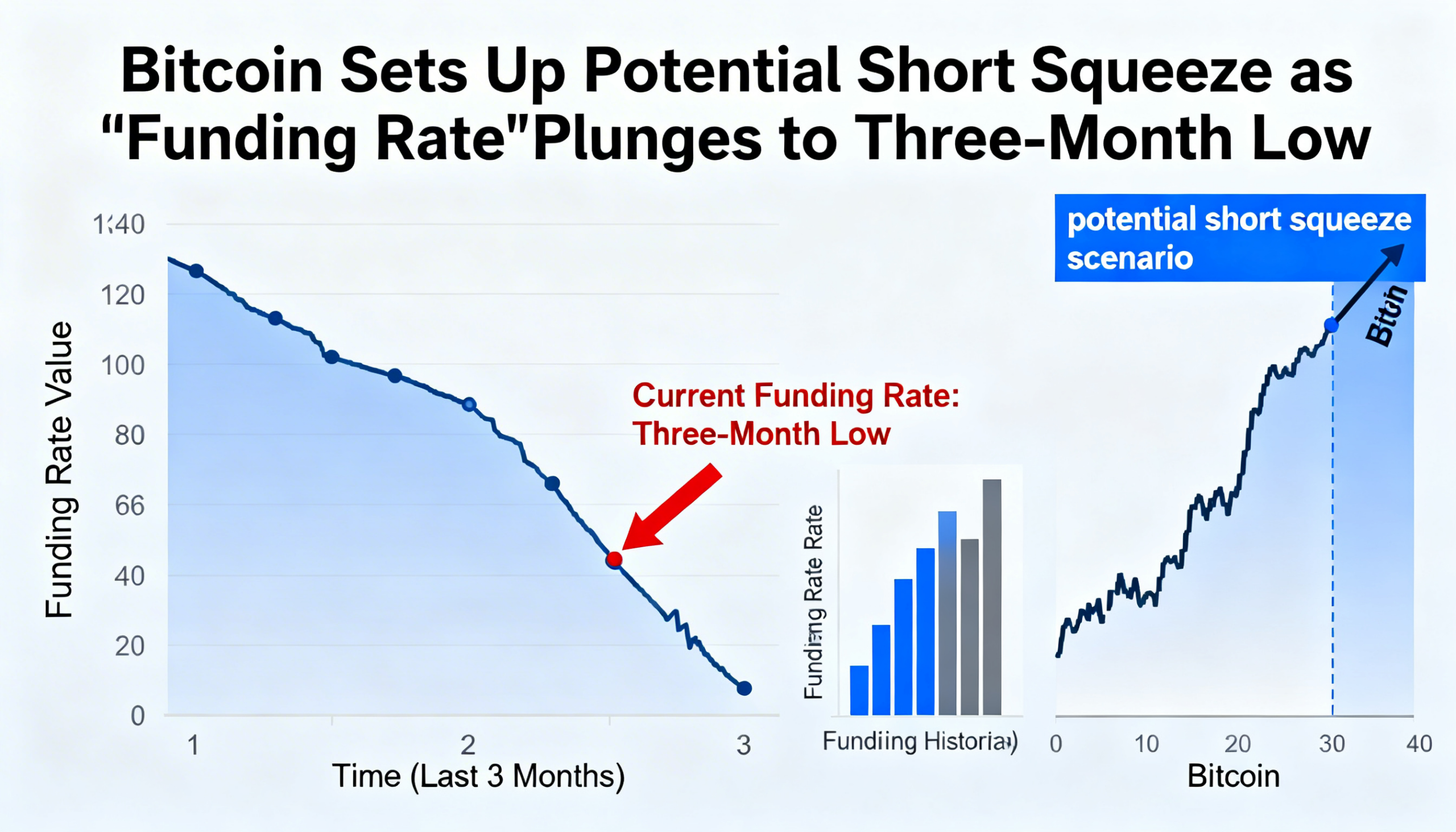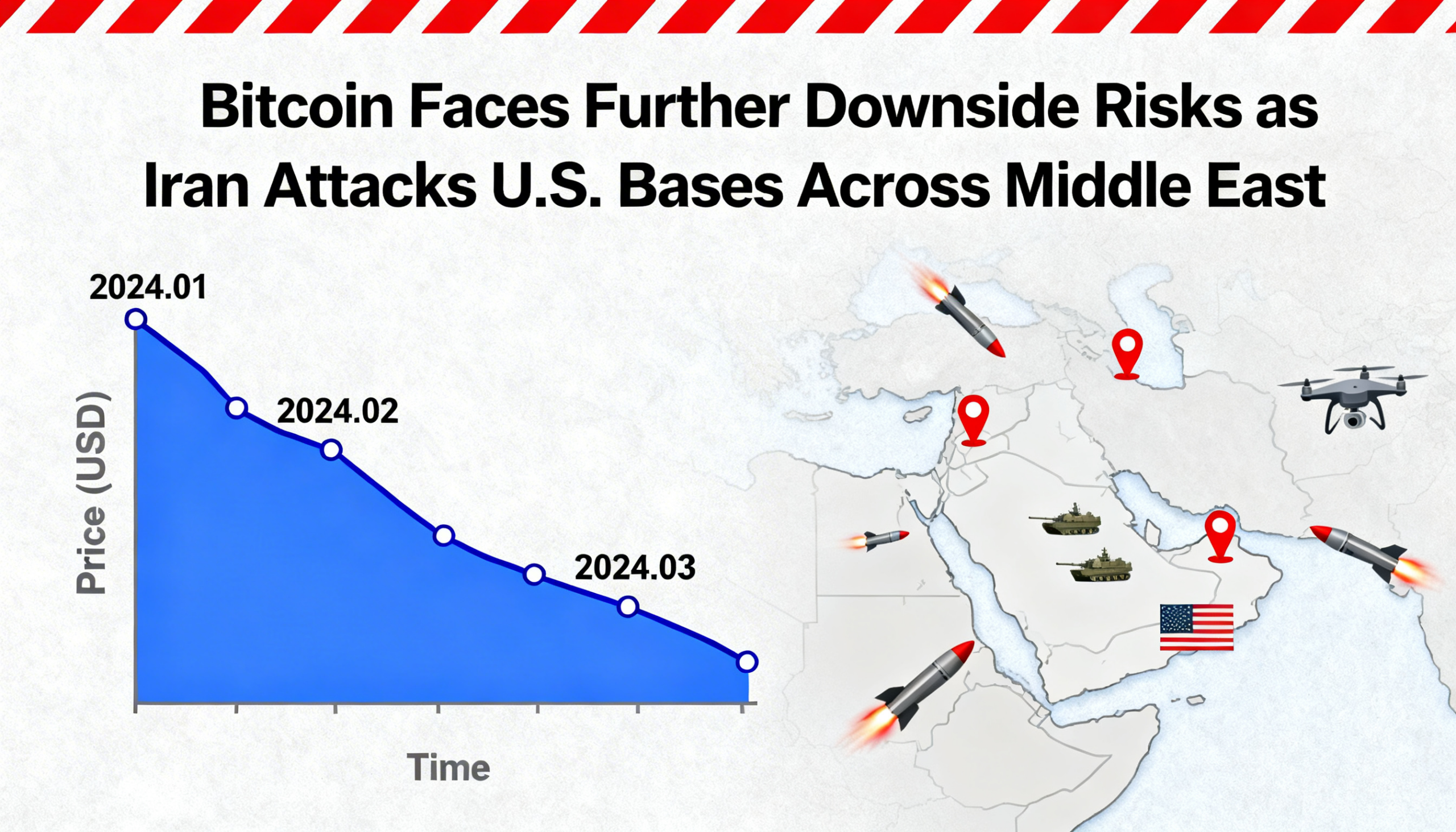
Citi Initiates Coverage on OSL with Buy/High-Risk Rating, Sets HK$21.80 Price Target
Wall Street giant Citi (C) has started coverage of Hong Kong-based crypto exchange OSL (0863), assigning a buy/high-risk rating and a target price of HK$21.80 ($2.80), equivalent to 22x projected 2025 price-to-sales.
Citi analysts said OSL is well positioned as a regulated digital-asset trading and payments platform, with robust growth potential driven by institutional crypto adoption and stablecoin-related offerings. The bank forecasts revenue growth of 80% in 2025, 60% in 2026, and 36% in 2027, fueled by the expansion of payment finance (PayFi) and a broader footprint in regulated markets.
Analysts highlighted OSL’s regulatory-first strategy, boasting over 50 licenses across 10 jurisdictions, with plans to expand further into Europe, the Middle East, and emerging markets. The firm dominates Hong Kong’s OTC crypto market, holding over 60% share, supported by strong liquidity, pricing, and client retention.
OSL is also enhancing stablecoin infrastructure, including launches like OSL BizPay for low-cost cross-border payments, StableX for stablecoin issuance, and Tokenworks for tokenization.
Citi cautioned that volatility, regulatory changes, and competition remain risks but emphasized that OSL’s compliance-first approach and early market lead make it a standout in Hong Kong’s growing crypto sector.
The stock closed 0.4% lower at HK$16.89 ($2.17) in Hong Kong trading. OSL raised $300 million in equity in July.

